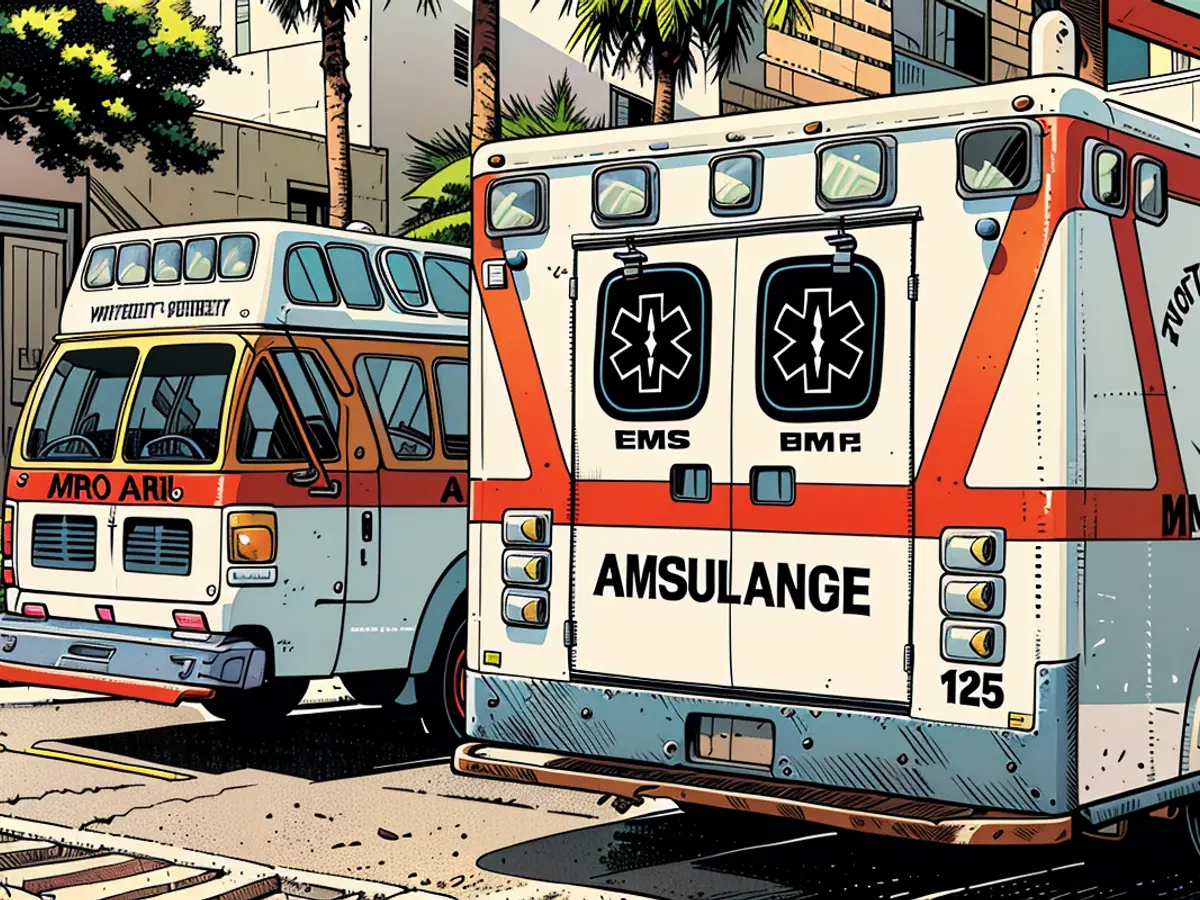Viewpoint: It's Unjust to Penalize U.S. Citizens Financially for Falling Ill
Frequently, individuals are burdened with medical bills that are filled with confusing jargon and outright inaccuracies – mistakes that could lead to thousands of extra dollars tacked on, but take weeks of pursuit to rectify. People end up being charged for treatments they never received or should have been covered by insurance. These inaccurate bills can, unfortunately, end up on a person's credit report, where lenders, landlords, and employers often take them at face value.
Over the last decade, research from sources such as the Consumer Financial Protection Bureau (CFPB) and independent experts has shown that medical bills should be given special consideration, as compared to other types of debt. Being in a critical health situation, one is not in a position to compare prices for treatments or expenses on the way to the hospital or from their hospital bed. The total cost of treatment may only be revealed weeks or even months later when a baffling bill arrives in the mail. This process is riddled with inaccuracies and errors, with around half of all adults reporting that they've received incorrect medical bills, according to a 2022 survey by KFF.
These inaccuracies are polluting the credit reporting system, causing it to fill up with unreliable data and making lenders' decision-making process less precise. This goes against the objective of credit reporting and instead benefits unscrupulous actors, like debt collectors, who exploit the credit reporting system to coerce people to pay debts they might not owe. They do this because people under these circumstances are often forced to choose between a lengthy battle to correct an inaccuracy or simply paying the bill to move on with their lives.
The research is unequivocal: medical debt is a poor indicator of a person's ability to repay a loan. After the CFPB brought further attention to this issue two years ago, the major credit reporting conglomerates also began to acknowledge its limited predictive value and removed certain bills, such as those below $500, from people's reports. However, a majority of medical collections balances remain on credit reports.
Recently, the CFPB took a significant step forward by proposing a rule to exclude medical bills from credit reports. If this rule is finalized as planned, we estimate that it will remove approximately $49 billion in unjust medical debts that needlessly damage the credit scores of 15 million Americans. We predict that people affected by this change will experience an average credit score increase of 20 points and that lenders will approve around 22,000 additional safe mortgages every year. Most importantly, the rule would alleviate an enormous amount of distress and coercion that has severe financial repercussions for individuals and families.
Subscribe to CNN Opinion’s newsletter
- Subscribe to our CNN Opinion newsletter.
- Follow us on Twitter and Facebook
The major credit reporting conglomerates are required to maintain accurate credit reports, but without significant competition, they've become complacent. The oligopoly of the credit reporting market gives them little motivation to treat consumers fairly. When people find errors on their credit reports, they often struggle to get them rectified. Over the past year, the CFPB received almost a million complaints about inaccurate information on credit reports from consumers.
States like Colorado and New York have come to the same conclusion and enacted laws prohibiting medical debt from appearing on credit reports. Credit scoring companies, such as VantageScore and FICO, who are financially motivated to assess the predictive value of medical debt, have also diminished their reliance on this problematic data.
Inaccurate data no longer has a place on credit reports. When you fall ill, your focus should be on recovery – not on fighting debt collectors demanding payments for bills that you might not even owe. It's high time to put a stop to medical debt coercion and protect American citizens' financial well-being.

Read also:
Individuals may hold strong opinions about the unfair practices in the medical billing system, as inaccurate bills can negatively impact their credit scores and financial stability. The prevalence of incorrect medical bills is concerning, with around half of adults reporting such instances, according to a 2022 survey by KFF.







